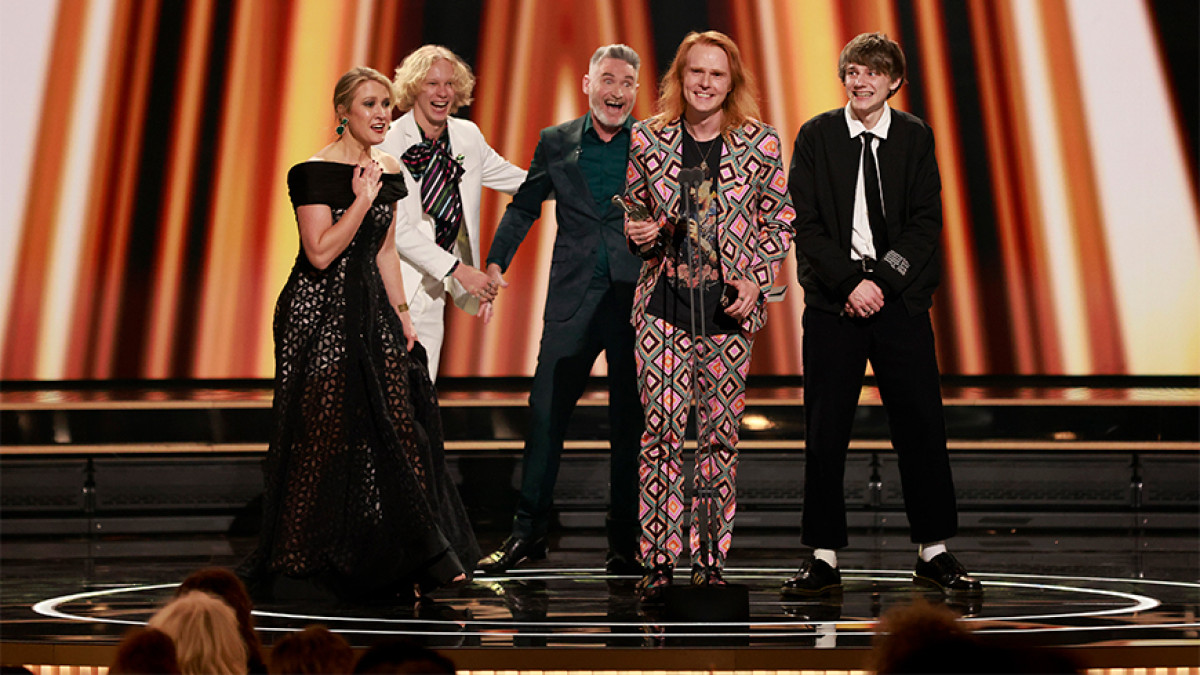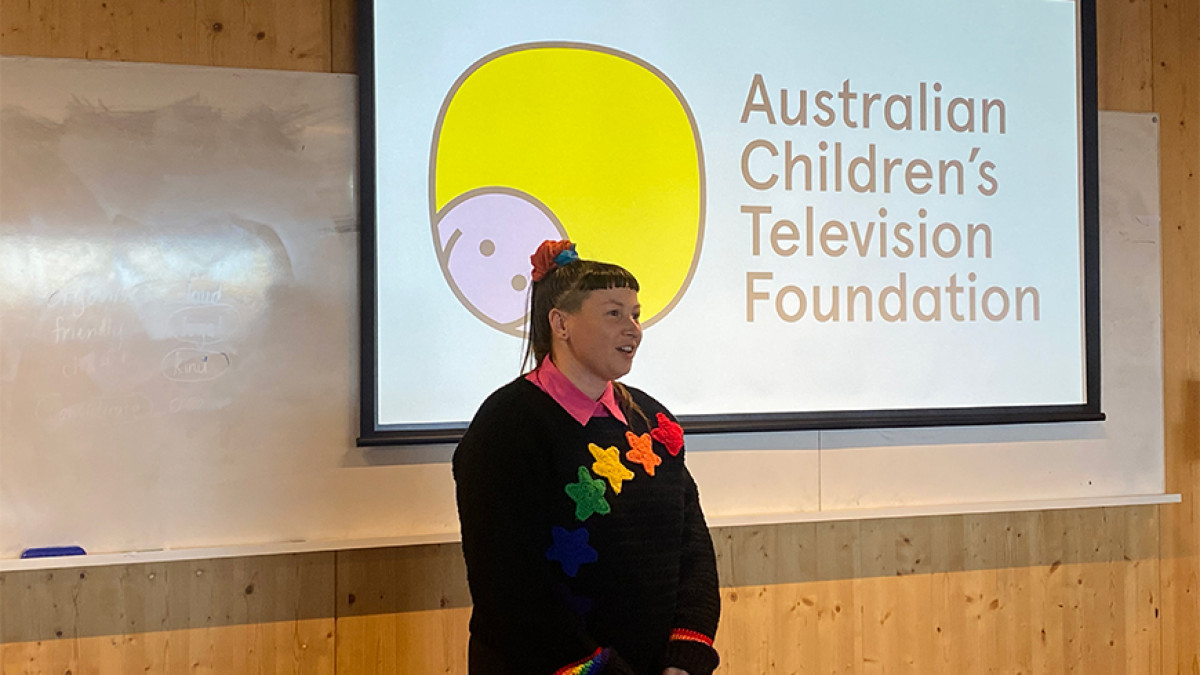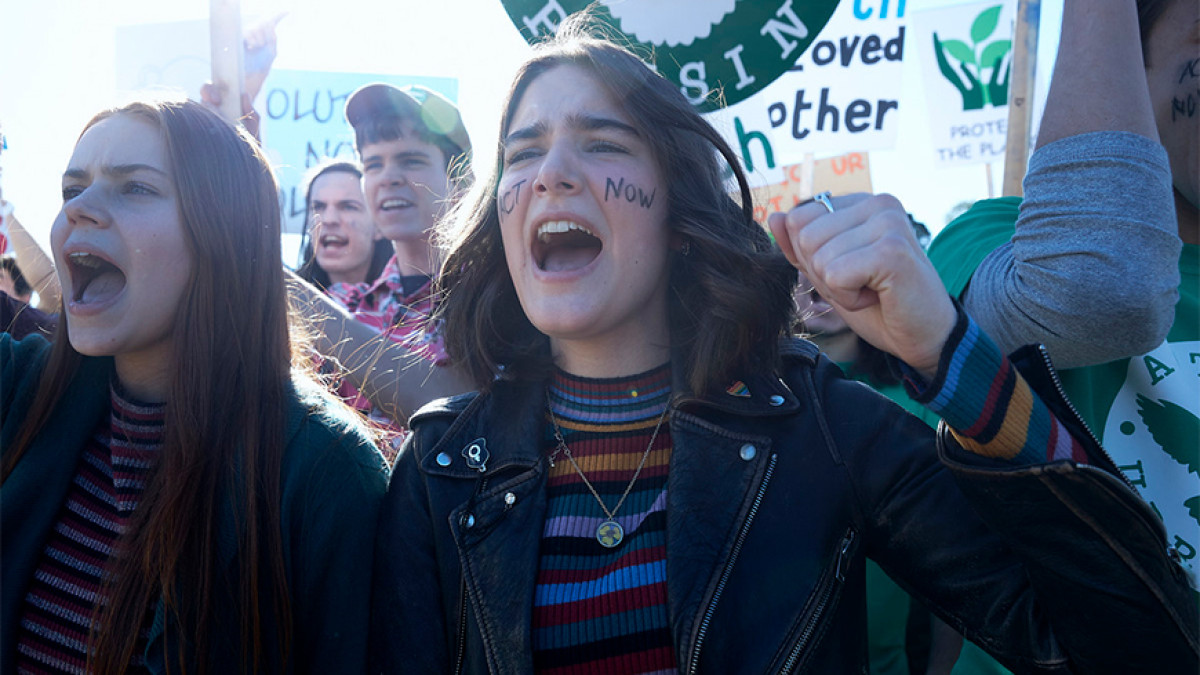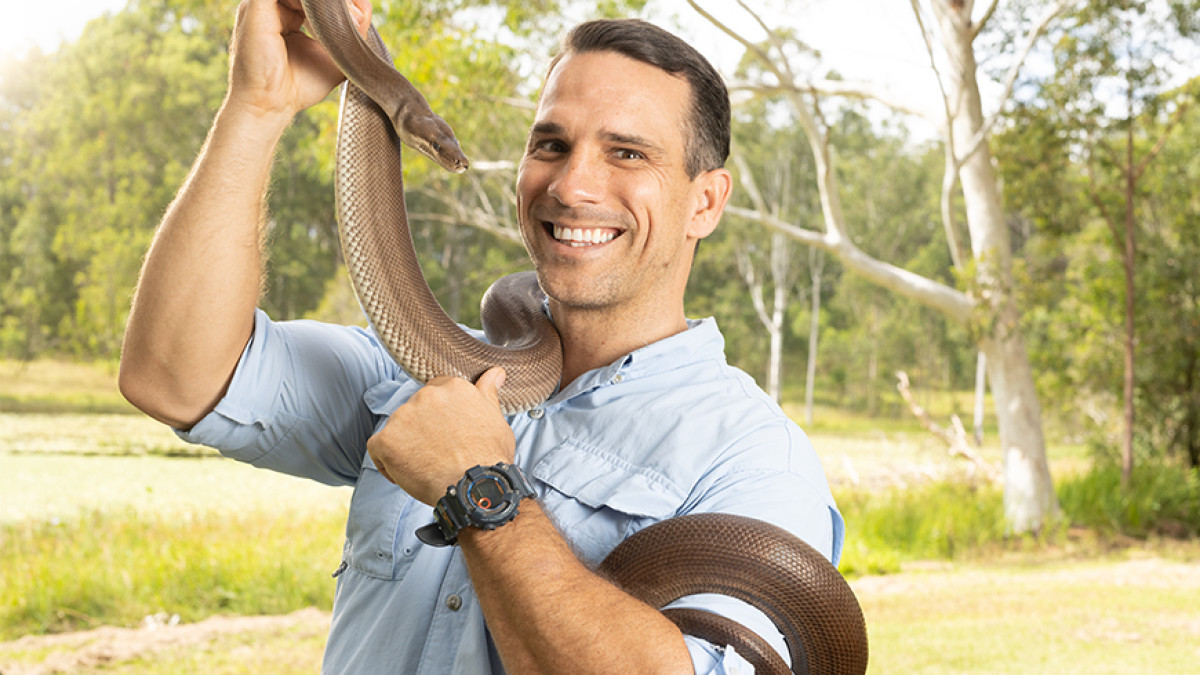ACTF News
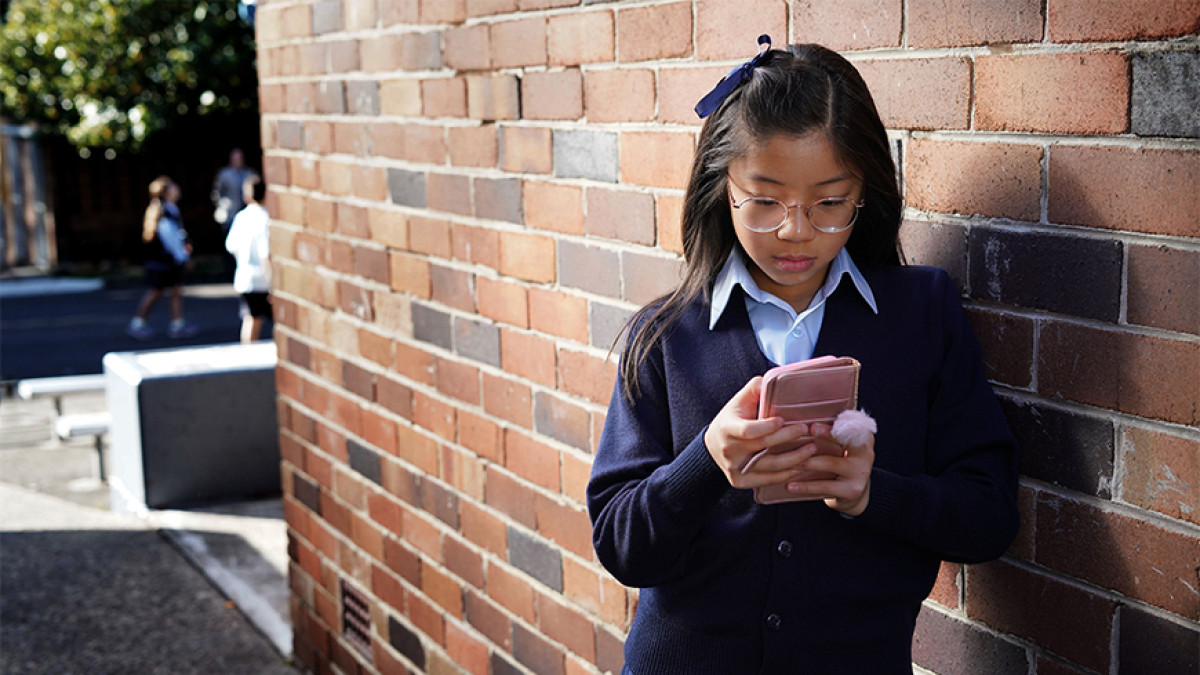
Written by ACTF Chair Helen Silver and originally published in The Canberra Times.
When it comes to screen content, today’s children appear to be spoiled for choice. Never have so many options been so readily available or easily accessible. There are thousands of hours of video content from every corner of the globe available on demand, on every device.
But this perceived wealth of riches is a double-edged sword, as a number of families have learned in recent weeks. Concerned parents have taken to social media to warn others after bootleg episodes of Bluey were discovered on YouTube. The episodes are made to mimic the real series, with the fake Bluey and her family deceptively similar to the real deal, but with wildly inappropriate storylines which left young viewers distressed. And it's not the first time families have been caught out. Over the last few years, fake episodes of other popular children’s shows like Peppa Pig have found their way onto the screens of children: content purporting to be from brands that parents trust.
Of course, parents can take action to avoid this situation through parental controls on their children’s devices – but the challenges surrounding children’s content and its accessibility are not restricted to unregulated Internet content.
Australian kids’ TV is widely renowned and respected both at home and on the world stage: Bluey is an international phenomenon, licenced in more than 60 countries and streamed in the US for more than 20 billion minutes on Disney+ last year; Hardball and First Day are immensely popular worldwide and have won International Emmy Awards; and the iconic Round the Twist has been on air for 33 years, screening in 157 territories during that time. But the Australian children’s television industry faces some complex challenges.
The creation of children’s screen content has always been disadvantaged because it does not command the levels of investment that content for adults does. Both the Australian and international screen industries are in a state of rapid transition as viewers turn increasingly to streaming services, and children’s screen content is especially vulnerable within the broader environment.
Expenditure on children’s content has plunged since the removal of sub-quotas on free-to-air television in 2020. The latest data from the Australian Communications and Media Authority (ACMA) shows expenditure in children’s drama fell from $10.5 million in 2017-18 to $2 million in 2021, while in the same period other children’s content (non-drama) fell from $15 million to just $883,000. Currently, there is no mandate for any broadcaster or platform to produce local children’s content.
Today’s children are inundated with screens right at the time when they are developing their values, identity and self-esteem, and the screen stories they watch influence how they think about themselves and others. Quality Australian content exposes children to characters, stories, voices and faces that are genuinely representative of their community. It is vital that they have access to screen content made especially for them.
Encouragingly, the federal government has indicated that protecting the creation of Australian made children’s content is a priority. As part of the National Cultural Policy Revive, streaming services will soon be subject to quota obligations – and the Government will consider a specific quota for children’s content within these requirements, stating: “It is important that streaming services invest in key genres, including children’s content, scripted drama and documentaries.”
Another major challenge facing children’s content is discoverability. Currently, smart TVs give the TV manufacturer control over what’s featured on its home screen, meaning the prime positions can be sold to the service willing to pay the highest price for preferred placement – most often, overseas streaming services. This can result in biased viewing recommendations and search results which favour the content being promoted by these commercial partners, rather than locally made content which may be more appropriate and valuable to the Australian audience. Current research from Swinburne University in association with RMIT confirms that families struggle to find homegrown content on streaming platforms and YouTube. In a fragmented and crowded media market, it is vital to address the visibility of quality Australian content.
In response to calls from free-to-air broadcasters to introduce regulation to address the issue, the Government has launched a Prominence Framework for Connected Television Devices Proposals Paper and committed to legislating a prominence framework to ensure local TV services are easy for Australian audiences to find on connected TV devices.
The Australian Children’s Television Foundation, of which I am Chair of the Board, has proposed an Australian Children’s Content App specifically for locally made, quality assured children’s content, which would be prominently positioned on all smart TVs (and related devices) purchased in Australia. The app would also be available on App Store/Play Store so that Australians are able to install the App on their tablets, phones and other devices.
Our children are growing up in a world of screens. We must ensure that the content that makes it onto those screens promotes the values that will help these young people grow into the best versions of themselves. Australian children’s television builds empathy, kindness, social cohesion and shared values. We must support its creation and visibility for all children.
